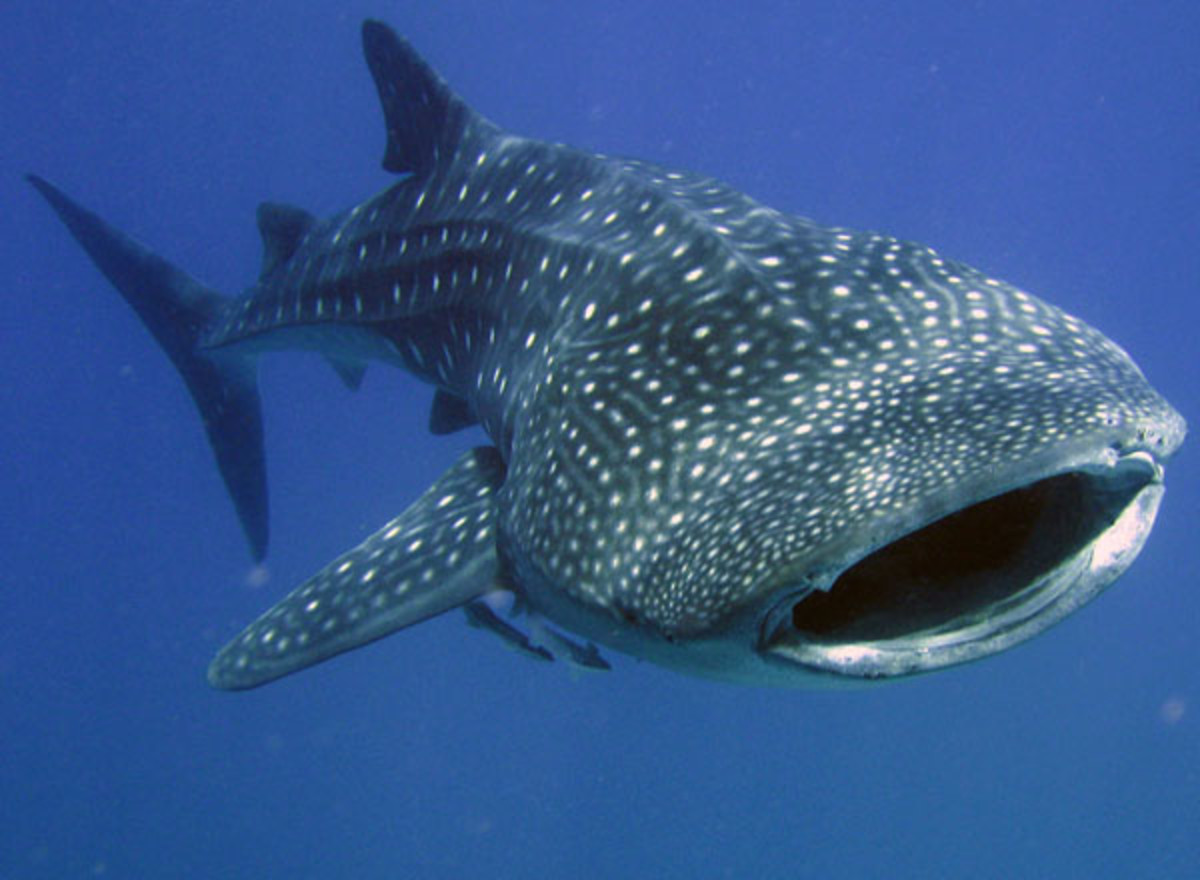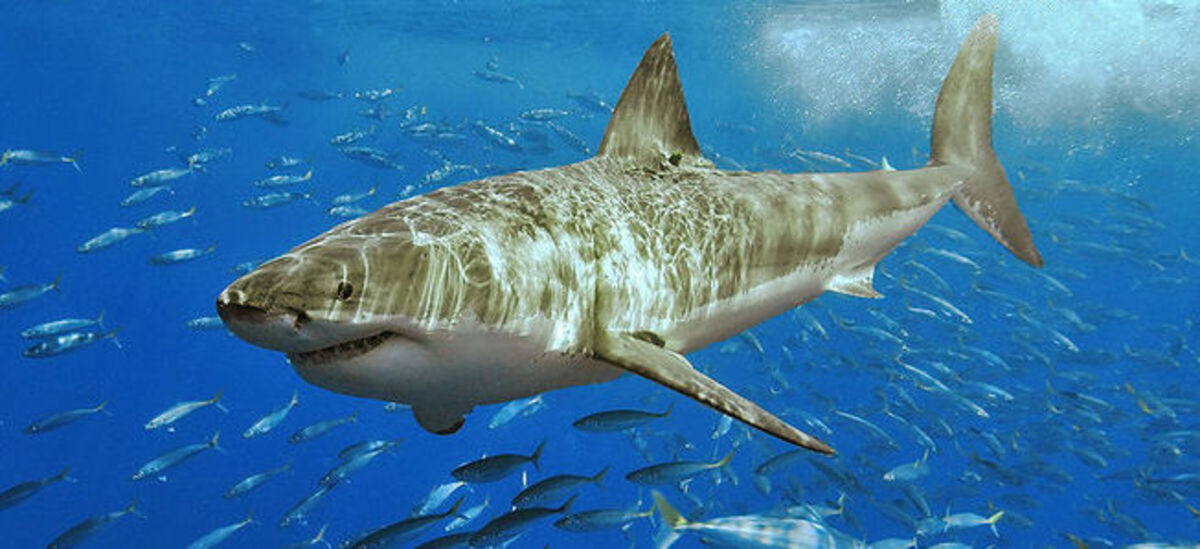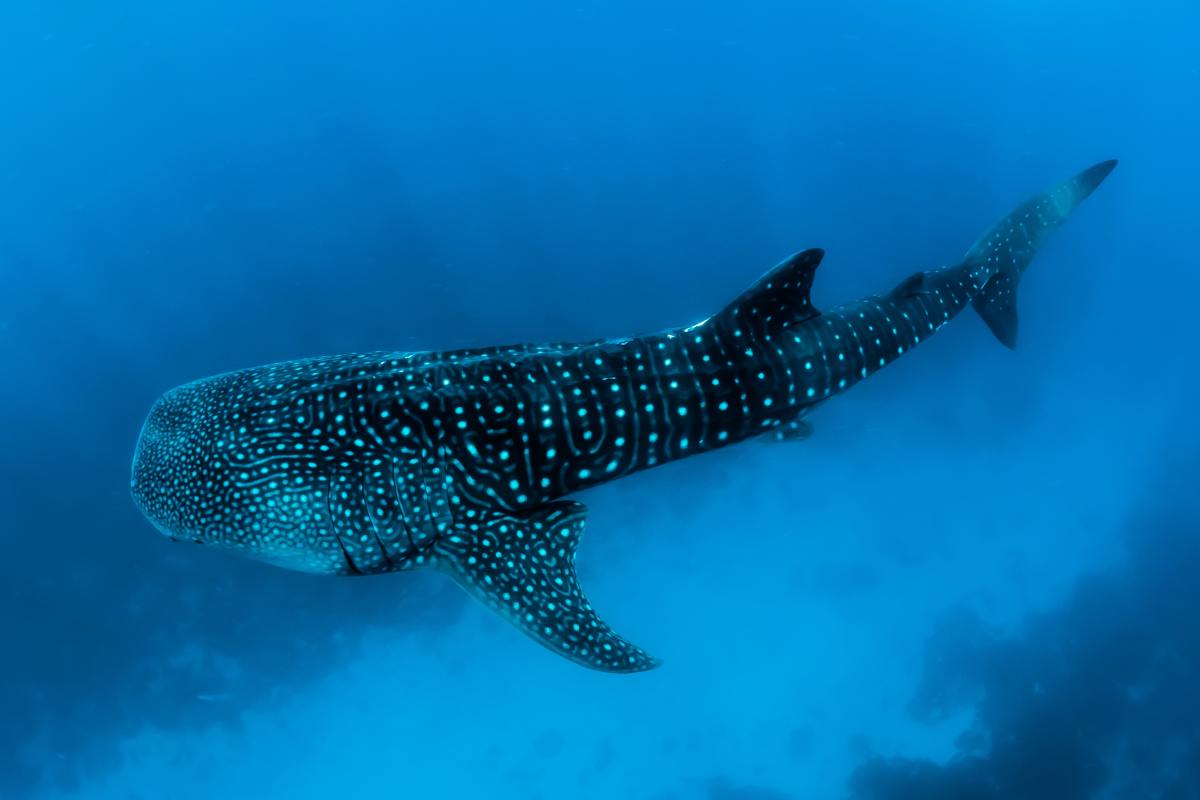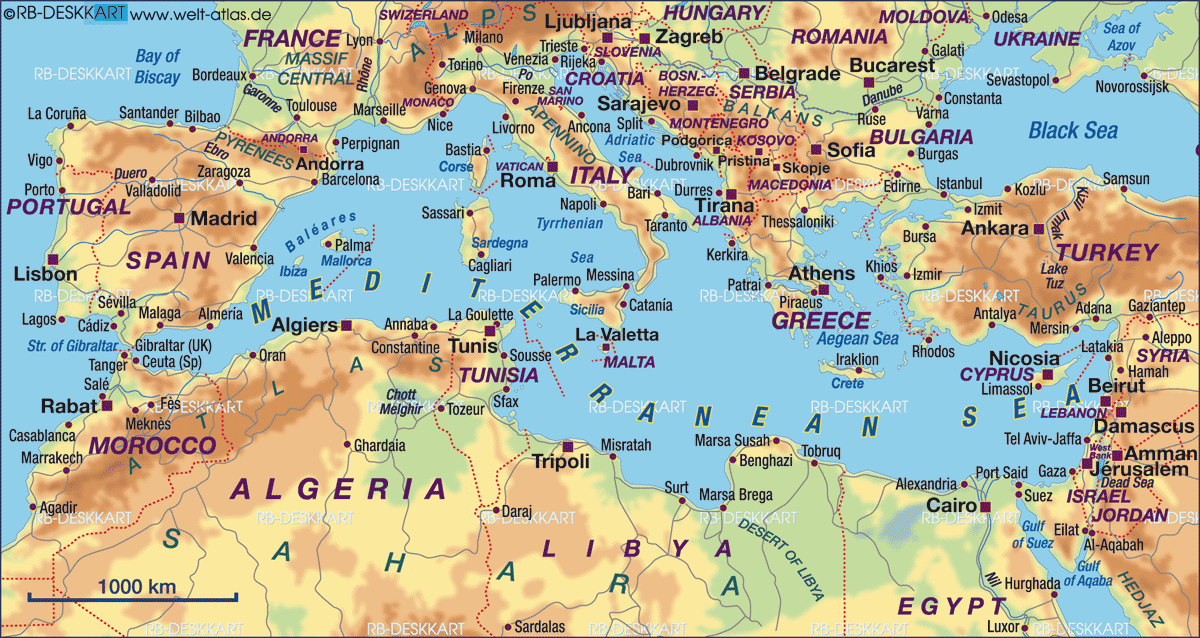- HubPages»
- Education and Science»
- Life Sciences»
- Marine Biology»
- Marine Life
Whale Sharks - The Biggest Sharks in the World
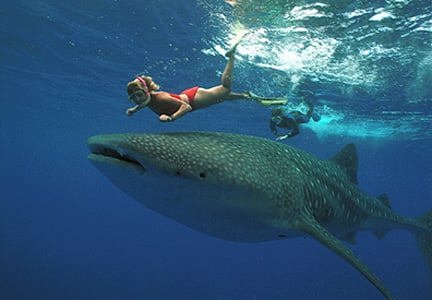
The gentle giants of our oceans and seas has got to be whale sharks.
The biggest ever whale shark reached an enormous 41.5 feet in length, and these amazing creatures are not only the biggest sharks we have in the whole world, they are biggest fish of any kind.
The reputed maximum length of the fearsome great white shark only reached 23 feet, a dwarf in comparison.
Not unlike humans, whale sharks have a lifespan of 70 years on average, and they spend their days gently swimming about in the warm and tropical oceans of the world, mouth open to filter feed from the plankton and microscopic organisms that float in our ocean's waters.
Whale sharks are unperturbed by human activity, and even allow divers to hitch a ride.
Their teeth are the size of match heads, and while no doubt their jaws could be powerful, they have never shown any aggression towards humans. Their teeth play no role in eating, as plankton does not need to be chewed.
Scientists are still learning about this amazing creature.
In 1996, a pregnant whale shark that was caught was found to be carrying 300 pups (the correct terminology for shark babies), and newly born pups measure up to 2 feet long.
Not much is known yet about gestation length, but it is believed that female whale sharks do not reach sexual maturity until they are 30 years old. This is the age they have to be before they can mate and reproduce.
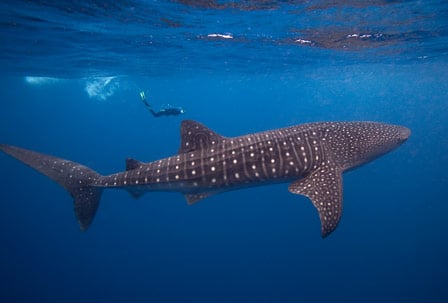
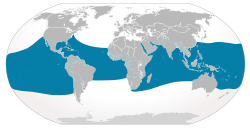
Originating 60 million years ago, the whale shark has evolved little in that time. They, or their ancestors, must have been compatriots of the feared megalodon shark.
sharks are to be found in numbers in the warmer oceans of the world and they are largely pelagic, meaning they are ocean going and prefer the deep waters of the open oceans. They tend to travel alone.
Several times a year they congregate together in certain spots (known as aggregating) where plankton is plentiful.
Those areas where whale shark aggregation occurs are all within a 30° north or south latitude from the equator.
A full list of those places can be found on wikipedia, and sadly whale sharks are targetted by commercial fisheries at those spots.
How easy it must be for those fishermen to catch those beautiful lumbering creatures who can only swim at 3.5 miles per hour!
So great a loss in numbers have they suffered, that whale sharks are now listed as vulnerable in the IUCN red list of endangered species.
Measures have been started to be put in place by some countries, to protect the whale shark from annihilation.
The Philippines, India and Taiwan have all banned the fishing, selling, importing and exporting of whale sharks for commercial purposes.
However, the law does not seem to be effective because the hunting and killing of whale sharks still goes on today, especially in Taiwan and the Philippines.
Please watch this heart-wrenching video above.
I am sitting here writing this with tears in my eyes.
They describe how fishermen go out in their boats to find whale sharks, and how these inquisitive and gentle creatures nose up to the boat, with no fear, just to see what is going on.
The shark is then harpooned, and struggles for its life. After several hours it tires and the fishermen cut a plate size ring of flesh out of the top of its head to secure the shark to the boat.
It is then brought to shore and cut up while still alive, ensuring a slow and painful death.
Its meat is sold as a delicacy while its beautiful fins are added to that totally tasteless and disgusting menu item, sharks fin soup.
Each whale shark can fetch around $21,000. In parts of Asia they are known as the 'money shark'.
Man's great deity, the mighty dollar, wins again, at great cost to our habitat, and we will not know what we have lost until we have lost it forever.

Monster whale shark found dead at sea, and brought to land
This 40 foot whale shark was found in February 2012 in the Arabian Sea.
Believed to be one of the biggest whale sharks ever landed, it was reportedly found unconscious in the sea 10 days previously.
From there, it was tied to a boat and brought into harbour in Karachi, Pakistan.
At first, two cranes tried to lift the 8 ton monster from the water, but when that failed, another crane was brought in.
A huge crowd gathered in the port to watch the whale shark get lifted from the water.

